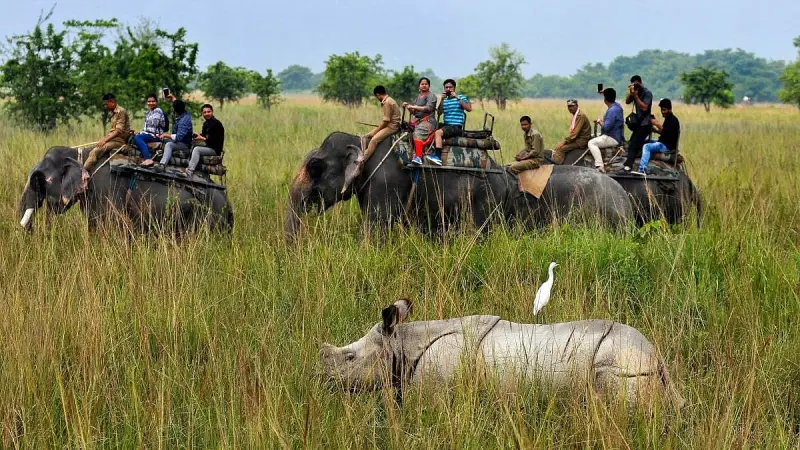
Bengaluru is set to host an innovative Nature Festival that promises to transform how city dwellers perceive their relationship with the natural world. Scheduled from March 1 to March 3, 2024, this three-day event at Bal Bhavan in Cubbon Park will explore the increasingly blurred boundaries between urban life and wilderness.
Urban Wildlife Takes Center Stage
The festival, organized by the Friends of Bengaluru's Lakes and Wildlife, aims to address the growing need for urban biodiversity awareness. As concrete landscapes expand and natural habitats shrink, the organizers recognize that human-wildlife interactions are becoming more frequent and complex.
Festival curator Priyanka K emphasized the event's timely relevance. "We're witnessing unprecedented changes in how wildlife adapts to urban environments," she noted. "This festival creates crucial conversations about coexistence rather than conflict."
Immersive Experiences and Expert Insights
Visitors can expect a diverse program featuring interactive workshops, photography exhibitions, and expert-led discussions. The festival will showcase how various species - from birds and insects to larger mammals - have adapted to thrive in Bengaluru's urban ecosystem.
One highlight includes sessions on creating wildlife-friendly spaces in residential areas, demonstrating that conservation can begin right at home. Another focus will be on the ecological significance of Bengaluru's lake networks and how they serve as critical corridors for urban wildlife movement.
Building Bridges Through Education
The festival's educational component targets all age groups, with special activities designed for children and families. Through hands-on experiences and guided explorations, participants will learn practical ways to contribute to urban conservation efforts.
Environmental educator Dr. Arun Menon, one of the key speakers, will address how urban planning can incorporate wildlife needs. "The future of conservation lies in designing cities that accommodate both human aspirations and ecological requirements," he stated.
The timing coincides with increasing reports of wildlife sightings in Bengaluru's residential areas, making the festival particularly relevant for residents seeking to understand and respond appropriately to these encounters.
Community Participation and Future Impact
Beyond the three-day event, organizers plan to establish ongoing initiatives that continue the conversation about urban wildlife coexistence. The festival serves as a launching point for community monitoring programs and citizen science projects that will gather valuable data about Bengaluru's urban biodiversity.
Local conservation groups will also use the platform to recruit volunteers for habitat restoration projects around the city's lakes and green spaces. This community-driven approach recognizes that sustainable urban conservation requires active participation from residents across all neighborhoods.
The Nature Festival represents a significant step toward reimagining Bengaluru as a city where humans and wildlife can thrive together, setting a precedent for other urban centers grappling with similar challenges of rapid urbanization and biodiversity conservation.





